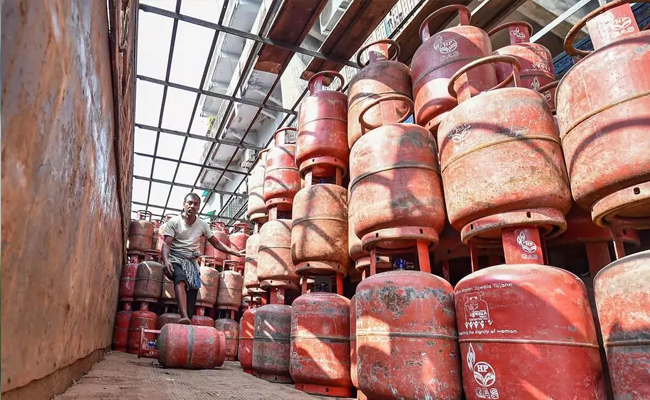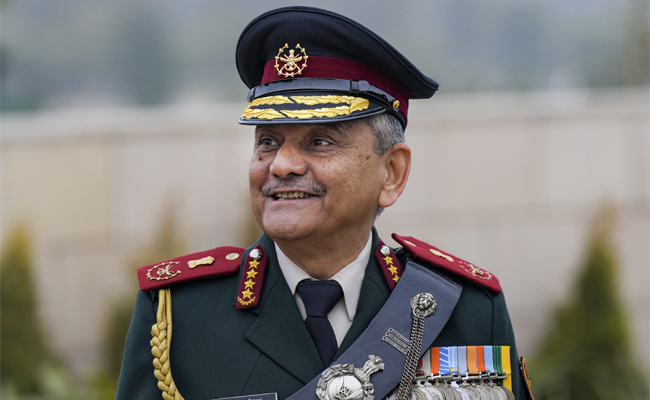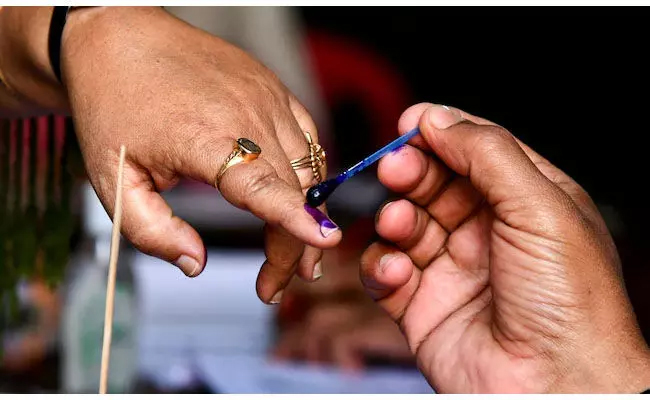Mumbai (PTI): The Reserve Bank on Saturday extended the special drive to withdraw Rs 2,000 bank notes from the system by another week, till October 7.
The public has returned Rs 3.42 lakh crore of the Rs 2,000 notes since May 19, the RBI said in a statement posted on the last day of the drive to withdraw the notes.
These notes were either deposited or exchanged at bank branches till September 29, and represent 96 per cent of the outstanding currency in circulation as on May 19 this year, the Reserve Bank of India (RBI) said.
The Rs 2,000 notes shall continue to be legal tender even after October 7, but can be exchanged only at RBI offices, the central bank said, adding that they cannot be deposited or exchanged at bank branches.
Let the Truth be known. If you read VB and like VB, please be a VB Supporter and Help us deliver the Truth to one and all.
Thane (PTI): Authorities have seized illegally stored 1,839 gas cylinders and seven vehicles worth over Rs 67 lakh in the Dombivli MIDC area of Thane district, officials said on Saturday.
A special vigilance team of the Mumbai Rationing Department detected an illegal storage of domestic and commercial LPG cylinders in Phase-2 of Dombivli (East).
Cylinders belonging to multiple gas agencies were found stockpiled in closed vehicles, unauthorised warehouses, and open sheds without mandatory permissions from the Explosives Department, Fire Department, or oil companies, according to an official release.





